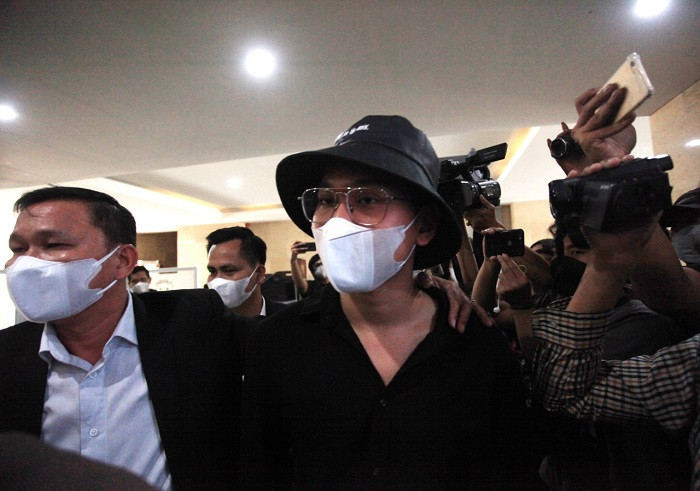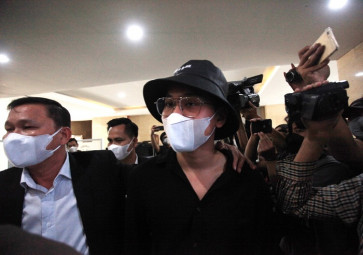Popular Reads
Top Results
Can't find what you're looking for?
View all search resultsPopular Reads
Top Results
Can't find what you're looking for?
View all search resultsThe state allowed 'crazy rich' to defraud many, stash wealth
If public officials had done their job properly, such fraud could not have run for such a long period of time and harmed so many people.
Change text size
Gift Premium Articles
to Anyone
S
ince Kevin Kwan’s international bestseller novel Crazy Rich Asians was published in 2013 and adapted into a film in 2018, the term “crazy rich” has gained widespread popularity. Numerous celebrities, such as TV stars and influencers, have not hesitated to flaunt their extravagant lifestyles on social media. The media and netizens then describe these people as crazy rich.
At least seven Indonesians have become well-known as crazy rich on social media. Indra Kenz and Doni Salmanan are two of them. Indra Kenz is known as Crazy Rich Medan, while Doni Salmanan as Crazy Rich Bandung. Unfortunately, these two names have been linked to money-laundering cases. They have been charged with fraud by the National Police’s Criminal Investigation Department for setting up fraudulent investments through so-called binary options trading platforms.
Binary options trading operates similarly to gambling but with the added benefit of current digital technologies. What is worrying is that these platforms have been found to have engaged in systemic fraud.
The crazy rich affiliates are allegedly supplied with false balances by brokers (app owner/developer) to entice new traders (members under an affiliate). When members achieve huge profits, the broker is likely to block their accounts and take their funds. The broker can also control candlesticks, which members use as a tool while making trades.
Affiliates may earn up to 70 percent of the nominal amount staked by the losing members. They utilize these shares to keep the membership going. Brokers and affiliates clearly want to restrict members’ profitability, diverting money from circulation to their accounts.
We wonder why the government was so late to uncover this fraudulent trading. The 2010 Money Laundering Law mandates financial service providers such as banks to report suspicious transactions to the Financial Transactions Report and Analysis Centre (PPATK). Suspicious transactions include those that fall outside the customer’s general profile. Such reports, which are supposed to be filed with the National Police, the Attorney General’s Office and the Corruption Eradication Commission (KPK), should have alerted law enforcement agencies early on to detect such fraudulent activity.
The Directorate General of Taxes also should have acted to immediately audit the annual tax returns of the so-called crazy rich individuals who blatantly displayed their wealth through social media. If the tax auditors had investigated the crazy rich they could also have been able to detect the fraudulent trading as the source of their ill-gotten money.



















